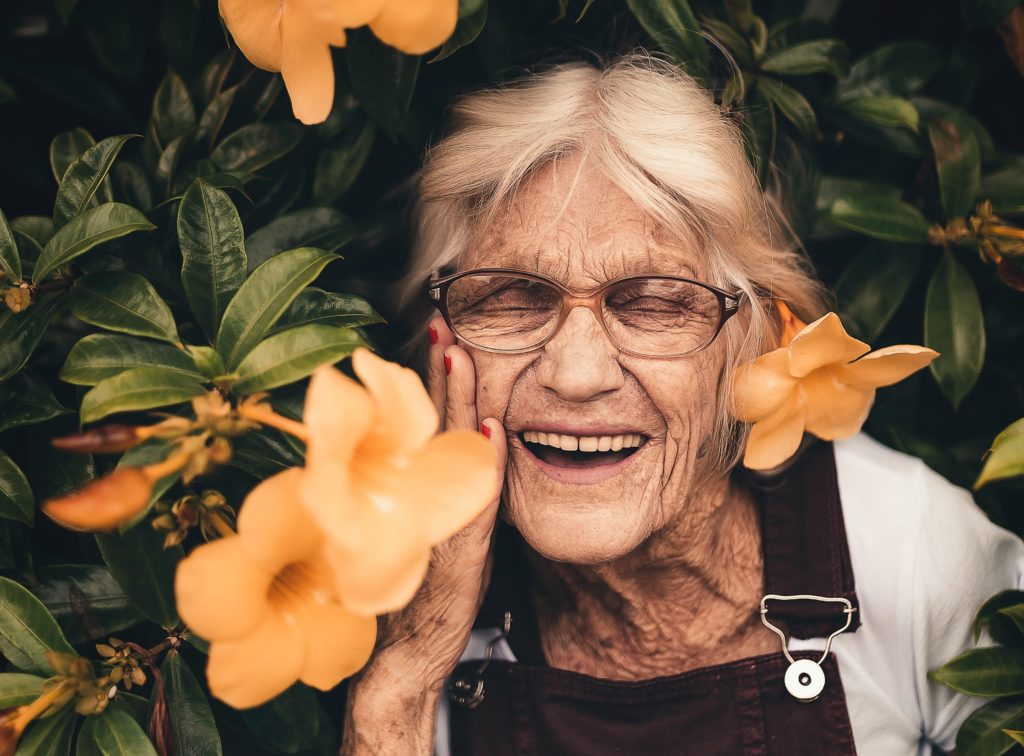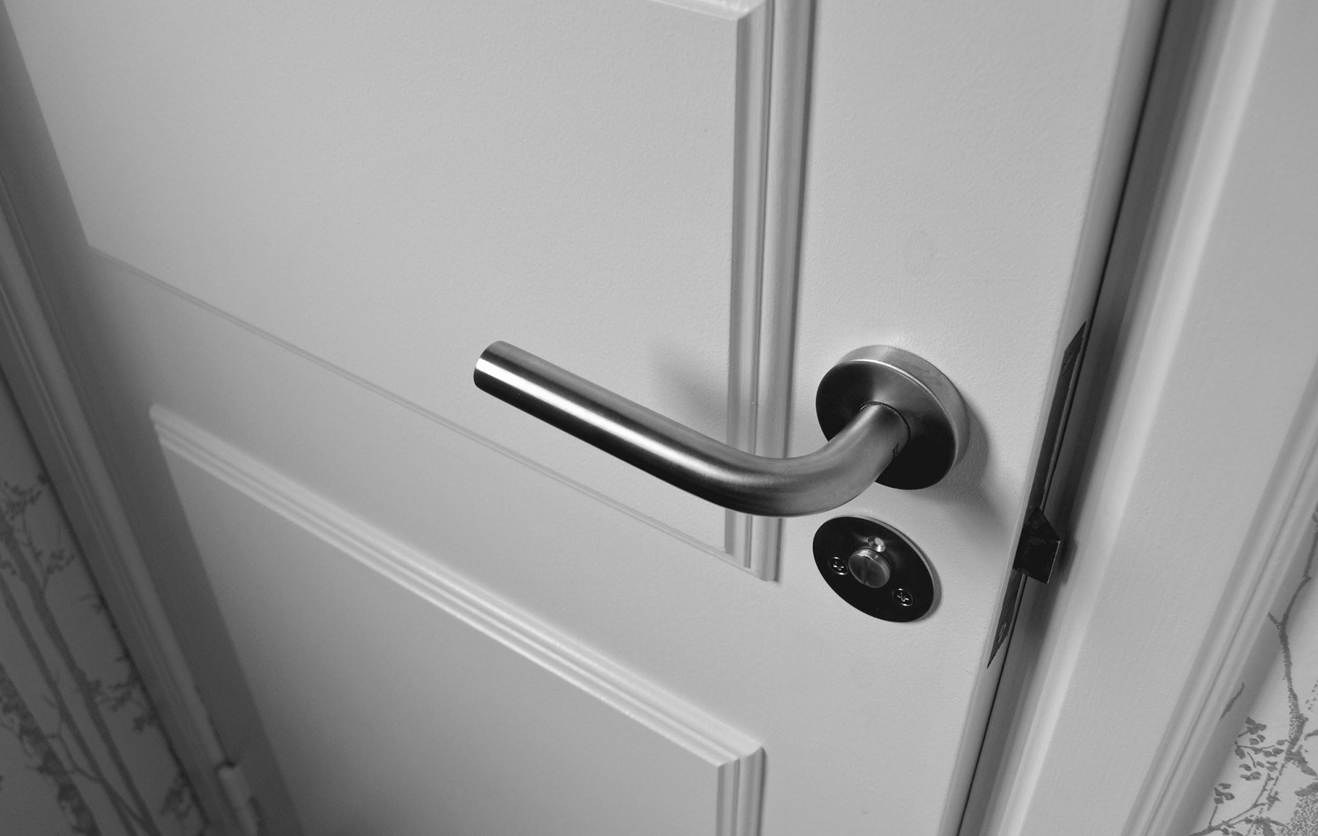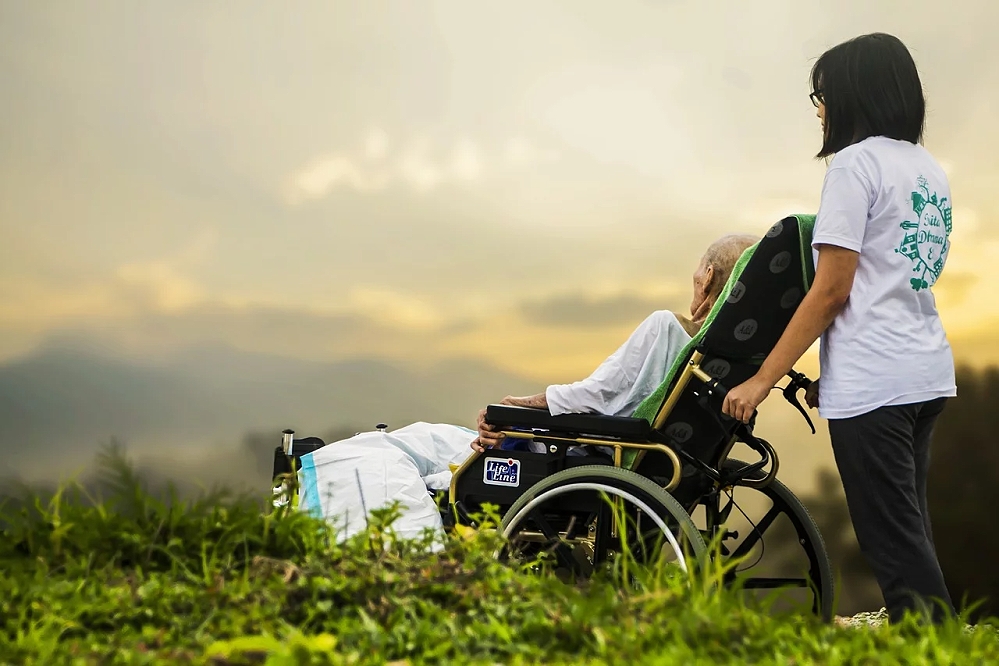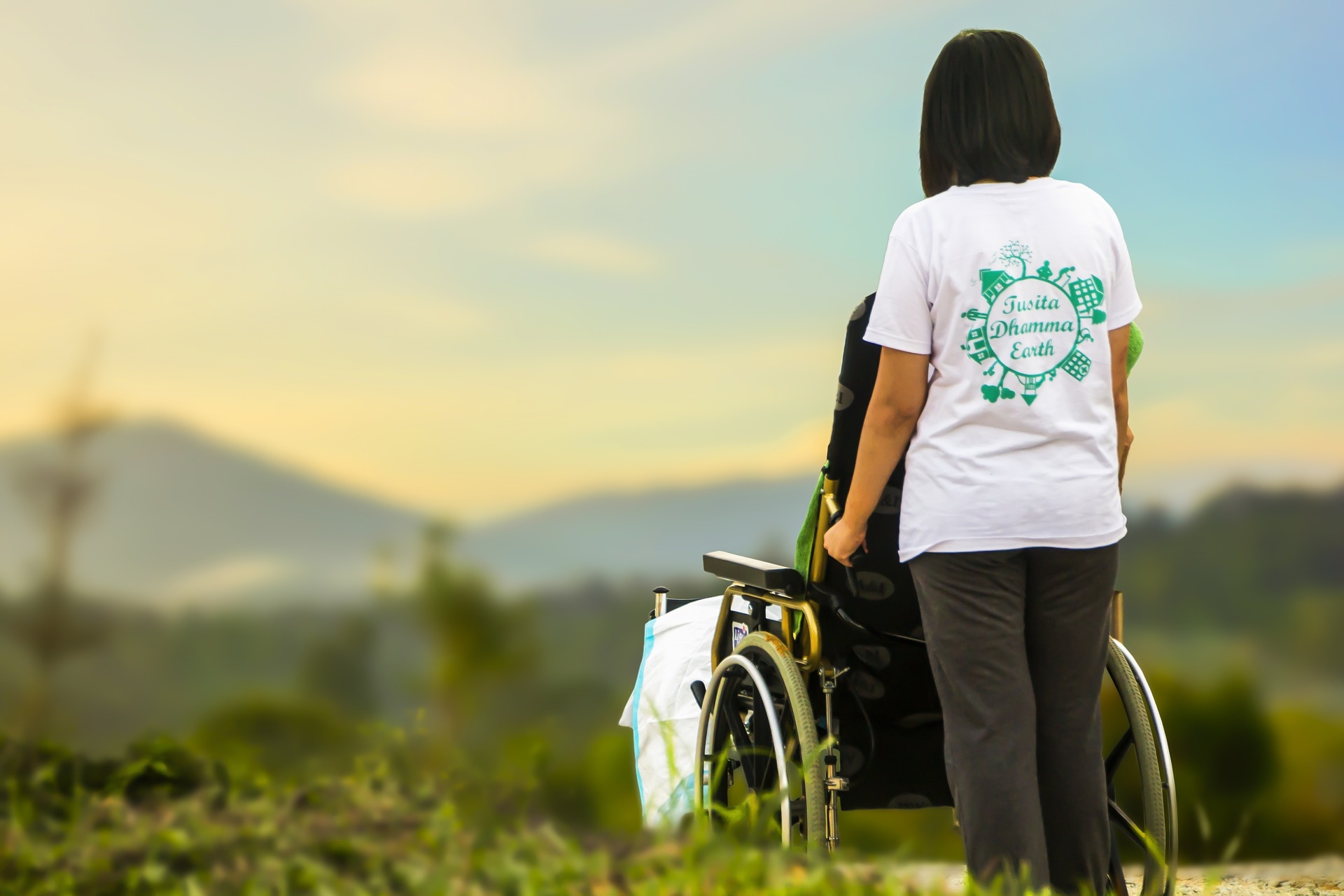Should Your Home Health Care Agency Offer a Wound Care Program?
Millions of Americans have chronic and non-healing wounds. Expanding home health services to include specialized wound services could increase referrals, but wound care can be expensive. Should your agency offer a wound care specialty program? Here are the top things you should consider.
Agency Growth & Benefits vs Cost & Resources
As a home health company owner, agency leader, or executive, you want to encourage growth, expand referral sources, and increase revenue. One option to consider is offering a specialized wound care program. However, before making such a big decision, it’s important to consider the benefits and possible disadvantages of offering such a program.
A wound treatment program may open new opportunities for your agency. Still, there are important factors business leaders must take into account before adding or expanding a wound care service line.
- Benefits of Offering a Wound Care Program
- Possible Disadvantages of Offering a Wound Care Program
- Addressing the Pros and Cons of a Wound Program
Benefits of Offering a Wound Care Program
The primary benefit of offering a specialized wound care service line is that it can be lucrative for businesses. Under the Patient Driven Groupings Model (PDGM), reimbursement is high for patients with wounds. Moreover, there is growing demand for wound treatment within home health care. Approximately 3% of people over age 65 have open wounds. That’s a significant segment of the market.
Offering a wound care program will also help you stand out from competitors and increase your referral sources. The industry is looking for value-based services. Hospitals, rehab facilities, and other referral sources want to work with partners that can promote the best outcomes. Offering this service can help position your agency as a leader in the industry. By offering specialized treatment by expert clinicians, you can help patients heal faster, reduce the risk of infections, and minimize the need for hospitalization. Providing wound care services can improve patient outcomes — and satisfaction.
Furthermore, as the population ages, the need for wound care services will continue to grow. The US Census projects that there will be 77 million seniors in the US by 2060.
Disadvantages of Offering a Wound Care Program
Despite the benefits of offering a wound care program, there are also possible disadvantages. For instance, wound care services can be expensive. In addition to supply charges, utilization is high. They often require more visits, which can increase the cost of care. Additionally, patients with non-healing wounds often have multiple underlying diagnoses which must be addressed.
Wound care programs also require specialized training, which can be resource-intensive. To offer quality wound care services, your staff must be properly trained and educated on wound care management, which can be time-consuming and costly.
Strongly Consider the Pros and Cons of a Wound Program
While there are potential disadvantages to offering a wound care program, there are also ways to address these concerns. For example, properly managing wound care supplies can minimize the cost of care. You may also negotiate prices with suppliers by purchasing in bulk or working with preferred vendors.
You can leverage technology to monitor wound healing remotely to address the need for more frequent visits. For example, using telehealth or remote monitoring devices may reduce the number of in-person visits required while still providing quality care. You’ll also want to consider criteria for wound care referrals, such as requiring clients to have a willing and available caregiver to teach about dressing changes.
Finally, to address the resource-intensive nature of home health nurse training, consider partnering with an outside organization or consultant who can provide your staff with wound care training and education. By outsourcing this training, you can minimize the cost and time required for in-house training.
Conclusion
Offering a wound care program can be a lucrative and beneficial service line for home health agencies. By properly managing wound care supplies, leveraging technology, and outsourcing training, you can address the potential disadvantages of offering this program while still providing quality care to clients. If you are considering a wound care program, carefully consider the benefits and possible challenges and take steps to ensure that you are properly equipped to provide this specialized service.
About the author
Alora Healthcare systems is a premier provider of home health software. Our solution helps homecare businesses manage all aspects of home health care, including the clinical, operational, and financial components for success. To learn more about our solutions for agencies of any size, visit us online at www.alorahealth.com


 Dr. Gary Salwin leads the
Dr. Gary Salwin leads the 





